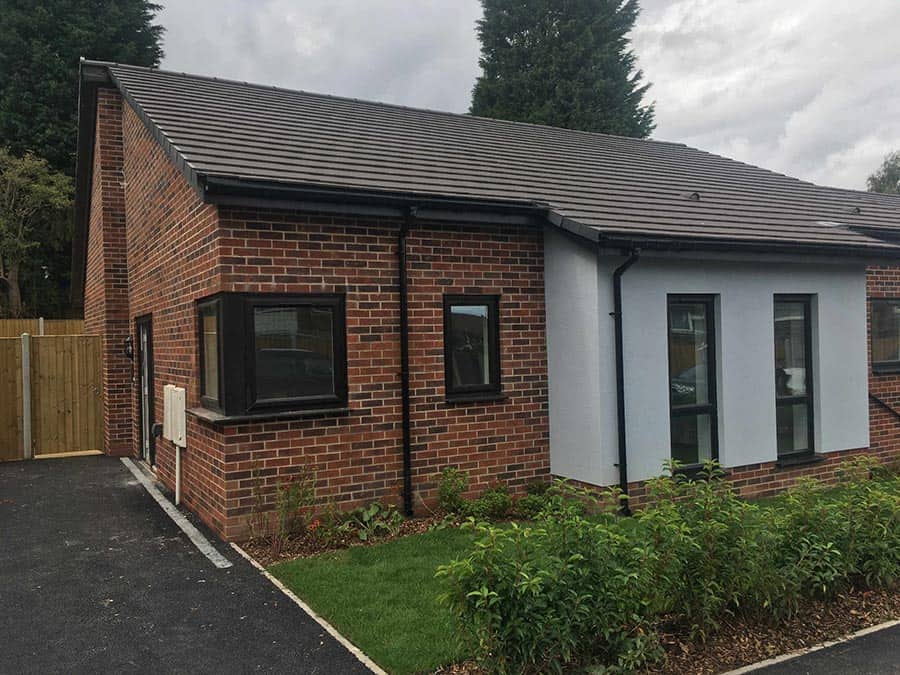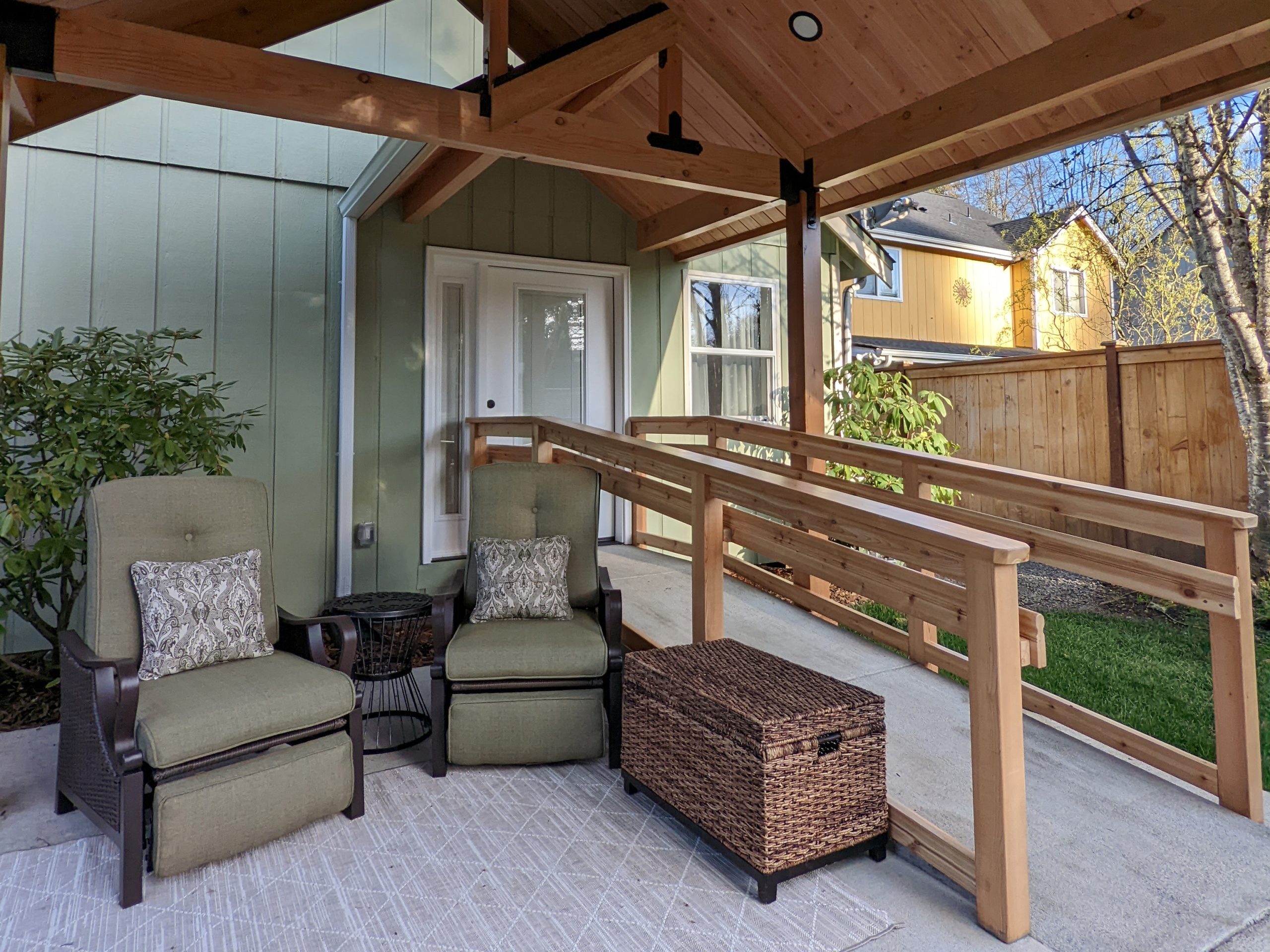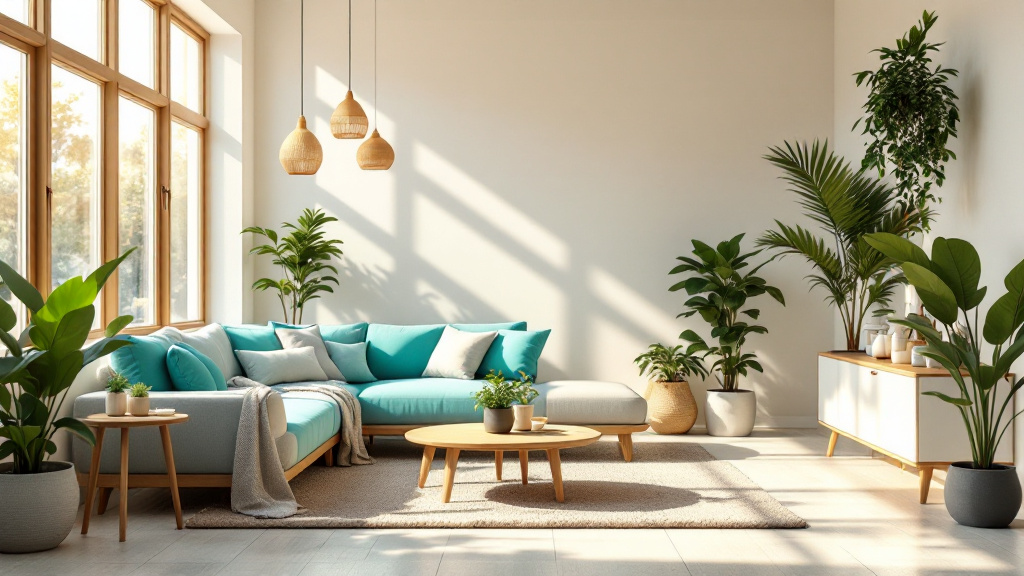The Future of Modular and Prefabricated Homes

The housing industry is undergoing a significant transformation, with modular and prefabricated homes emerging as a popular solution for faster, more cost-effective, and sustainable construction. As technology advances and the demand for affordable, high-quality housing grows, the future of modular and prefabricated homes looks increasingly promising. These homes offer a unique opportunity to meet the global need for housing in a way that balances environmental responsibility, affordability, and practicality. By embracing modern construction techniques, modular homes are becoming a viable alternative to traditional homebuilding, offering homeowners greater flexibility, speed, and cost savings.
As environmental concerns continue to rise, modular and prefabricated homes present a sustainable option for addressing housing shortages while reducing construction waste. The controlled factory environments used to produce these homes ensure better resource management, reducing both material waste and energy consumption. Furthermore, the modular and prefabricated approach allows for quicker completion times, which helps meet the increasing demand for housing. With innovation in design and materials, these homes are poised to become a significant part of the housing market, offering a greener, more affordable alternative to traditional building methods.
What Are Modular and Prefabricated Homes?
Modular and prefabricated homes are built off-site in a controlled factory environment before being transported to their final location for assembly. This method differs from traditional on-site construction, offering increased efficiency, reduced waste, and higher quality control. Prefabricated homes consist of pre-manufactured sections that are assembled on-site, while modular homes are constructed in separate units or "modules," which are then connected to create the final structure. The modular approach also allows for more complex designs and layouts, making these homes highly adaptable to individual tastes and requirements.
Both types of homes provide significant benefits over traditional construction. Prefabricated homes can be assembled quickly, offering a faster turnaround time, while modular homes offer increased flexibility in design and future expansion possibilities. Additionally, these homes are energy-efficient, built to higher standards of quality control, and often incorporate sustainable materials that reduce the environmental footprint of the building process. By moving away from conventional construction methods, modular and prefabricated homes give homeowners a more affordable, customizable, and eco-friendly option for building their dream homes.
Key Advantages of Modular and Prefabricated Homes
- Speed of Construction: Homes can be built up to 50% faster than traditional methods, allowing for quicker occupancy and reducing the overall time commitment for homeowners. This speed is largely due to the controlled factory environment, which ensures fewer delays and weather-related setbacks that often plague on-site construction.
- Cost-Effective: Factory production minimises material waste and labour costs, passing on savings to the homeowner. The streamlined process, bulk purchasing of materials, and reduced labour needs all contribute to lower overall construction costs, making it an attractive option for budget-conscious buyers.
- Sustainability: Precision construction reduces waste, and many modular homes incorporate eco-friendly materials such as reclaimed wood, recycled steel, and energy-efficient insulation. Additionally, the ability to build homes with sustainable features, such as green roofs and solar panels, further elevates their environmental benefits.
- Quality Control: Factory settings allow for rigorous quality checks, ensuring a high standard of construction. With homes being built in a controlled environment, the risk of weather-related damage or delays is significantly reduced, leading to a more consistent and reliable final product.
- Flexibility: Designs can be customised to suit various styles and needs, offering the homeowner a significant degree of freedom. Modular and prefabricated homes can be tailored to fit different budgets, sizes, and design preferences, ensuring that each home reflects the homeowner’s unique vision.
The Future of Modular and Prefabricated Homes
The future of modular and prefabricated homes is set to be shaped by technological advancements, environmental concerns, and changing homeowner preferences. These homes are expected to play a significant role in addressing the growing demand for affordable housing, particularly in urban areas. With the integration of new technologies and materials, the construction process will become even more efficient, providing a high-quality product at a lower cost.
- Increased Adoption of Smart Technology: Modular homes are integrating smart home technology, allowing for energy-efficient systems, automated lighting, and security enhancements. As technology evolves, prefabricated homes will become even more connected and self-sufficient, providing homeowners with more control over their living environment while reducing energy consumption and costs.
- Sustainable and Net-Zero Homes: With a growing focus on sustainability, modular homes will increasingly incorporate solar panels, green roofs, and energy-efficient insulation to reduce their environmental impact. The move towards net-zero energy homes, where homes produce as much energy as they consume, will play a crucial role in the future of construction, making them more attractive to environmentally conscious buyers.
- Advanced Manufacturing Techniques: 3D printing, robotic assembly lines, and AI-driven design processes are enhancing the efficiency and customisation of modular homes. These innovations will lead to even faster and more precise home production, allowing for greater design flexibility and more intricate architectural elements, which were previously difficult to achieve with traditional modular methods.
- Increased Customisation and Design Flexibility: Contrary to the misconception that modular homes lack individuality, modern prefabrication methods allow for a high degree of customisation. Homeowners can now personalise every aspect of their home, from floor plans to exterior finishes, ensuring that their modular home feels uniquely tailored to their needs and tastes.
- Government Support and Policy Changes: Many governments are recognising the benefits of modular housing in addressing housing shortages. Policy changes and incentives are expected to further encourage the adoption of prefabricated construction methods, especially in areas facing housing crises. This support may include tax credits, zoning adjustments, and reduced regulations, which will make modular homes more accessible to a wider range of homeowners.
How Loomin Supports Modular Home Projects
Whether you’re considering a modular or prefabricated home, working with an expert architect is essential for a successful project. Loomin is a marketplace that connects homeowners with fixed-fee, ARB-registered architects, streamlining the entire design and planning process. This platform simplifies the journey by offering access to a network of professionals who are experienced in modular home design and construction, ensuring you have the right expertise to guide you through every stage of the project. Loomin’s innovative approach brings all elements of your modular home project into one easy-to-use platform, making it simpler to manage and execute your dream home.
With Loomin’s SaaS-enabled platform, homeowners can:
- Compare fixed-fee quotes from experienced architects: Loomin’s platform allows you to compare multiple quotes from vetted, experienced architects upfront. This transparency helps eliminate unexpected costs, as you get a clear breakdown of fees and services, ensuring there are no hidden charges. This feature helps homeowners stick to their budget while finding the right architect suited to their needs and design goals.
- Manage the project online, from design development to completion: Loomin’s user-friendly platform centralises all your project information in one place. Homeowners can track progress, manage timelines, and maintain communication with architects, contractors, and other involved parties. This streamlined process ensures that every aspect of your modular home project is organised, reducing the risk of missed deadlines or overlooked details.
- Schedule virtual meetings for real-time collaboration: Loomin makes it easy to work with architects remotely, providing flexible options to schedule virtual meetings. This feature is particularly beneficial for homeowners with busy schedules or those located far from their architects. Virtual meetings ensure that design decisions are made efficiently and that you’re always in the loop, no matter where you are.
- Access essential documents and keep track of project milestones: Loomin offers seamless access to key project documents, including architectural plans, building permits, and project timelines. By having all necessary documents in one centralised location, homeowners can easily stay informed and ensure that the project progresses as planned. You can check milestones and approvals, ensuring the project stays on track from start to finish.
- Find and onboard contractors to bring the modular home to life: Loomin also provides a network of trusted contractors who specialise in modular home construction. Once your design is finalised, you can seamlessly transition to the construction phase with professionals who understand the unique needs of modular homes. This connection helps ensure that the construction process is smooth and that the final build matches your expectations.
By using Loomin, homeowners can ensure their modular or prefabricated home is expertly designed, efficiently planned, and seamlessly managed. The platform’s centralised tools and professional network help make the entire process smoother, more transparent, and more manageable from start to finish, giving homeowners peace of mind and confidence throughout their modular home journey.
Conclusion
The future of modular and prefabricated homes is bright, with rapid advancements in technology, sustainability, and efficiency driving their popularity. As these homes become more customisable and accessible, they will play an increasingly important role in the housing market, providing affordable and high-quality housing solutions for a wide range of homeowners. With the continuous improvements in design, technology, and construction techniques, modular homes will offer even more benefits, making them a top choice for those looking to build a sustainable and efficient home.
By leveraging Loomin’s innovative marketplace, homeowners can confidently navigate the journey of designing and building a modular home with the support of expert architects and trusted contractors. Whether you’re looking to create a smart, energy-efficient space or personalise your home to reflect your unique style, Loomin offers the resources and guidance to help make your vision a reality. If you’re ready to explore the future of home construction, start your project with Loomin today and experience the simplicity and efficiency of modular homebuilding.
.png)


